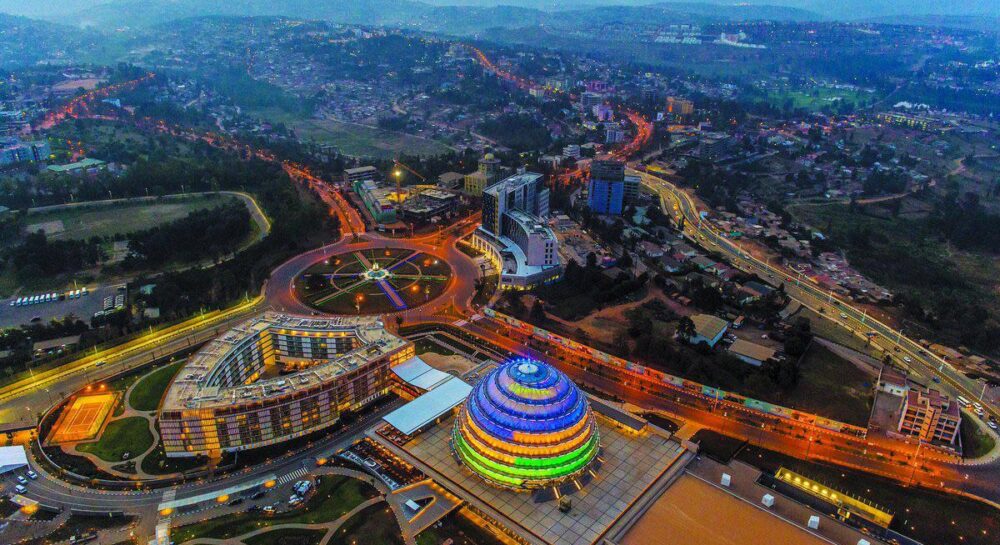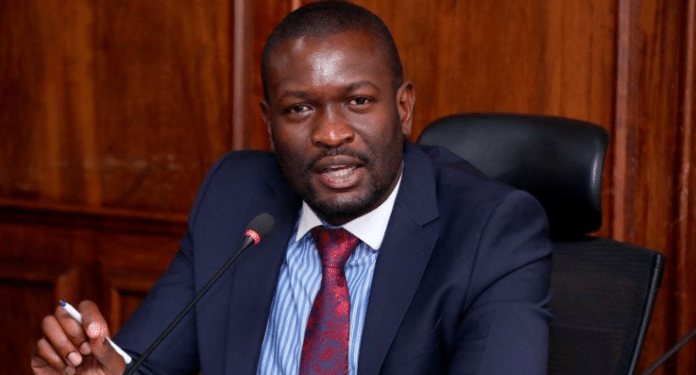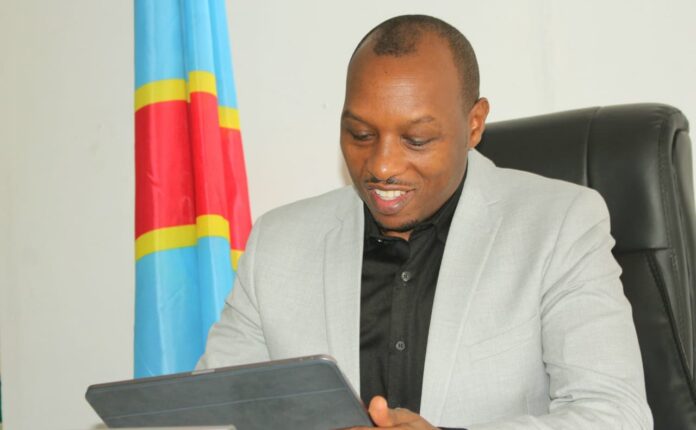In an era where many African nations still depend heavily on foreign aid, Rwanda is making headlines for charting a new path, one of self-reliance, strategic governance, and long-term development planning.
Note: Company, Blog, Church websites are free.
For the fiscal year 2025/2026, Rwanda has announced a bold national budget of 5.41 billion USD, with a striking 89% of it funded by internal resources and loans. Of this amount, 58.4% (3.16 billion USD) comes directly from domestic revenues, including taxes and state-generated income. Another 30.6% (1.66 billion USD) is secured through concessional and non-concessional loans, primarily from international financial institutions.
What’s truly remarkable, however, is how foreign aid now only contributes 8.3% (450 million USD) to Rwanda’s budget. That’s a far cry from the days when donor funds made up more than half.
For many observers in the Great Lakes region, this is not just a financial statement, it’s a political milestone.
Rwanda’s progress did not come overnight. Over the past two decades, it has invested heavily in infrastructure, education, health care, and digital governance. It also prioritized security and administrative efficiency, reducing corruption and increasing public trust. The result? A small, landlocked country often compared to a “Singapore of Africa” now appears to be writing a different version of the African story, one rooted in accountability, performance, and vision.
Rwanda’s growing independence from donors signals a deeper transformation. Like China, it is quietly building the financial and institutional muscle to make sovereign decisions, without waiting for the green light from the West.
The Democratic Republic of Congo, with its immense mineral wealth, strategic location, and youthful population, has every reason to believe in a similar transformation. But for too long, mismanagement, dependence on aid, and internal divisions have prevented real progress.
Under the leadership of the (AFC), and with the rise of a new generation of Congolese citizens demanding transparency and results, the winds may finally be shifting.
The Kivu provinces, long at the heart of both suffering and resilience, now stand at the frontlines of change. From Goma to Bukavu, citizens are waking up to the idea that development is not a gift, it’s a duty. And that begins with the simplest but most powerful civic act: paying taxes.
If Rwanda can fund over 58% of its budget through internal resources, what’s stopping us? The answer is not a lack of wealth, Congo is one of the richest countries on Earth in natural resources. The problem has been poor governance, low trust in public institutions, and a fragmented national vision.
The AFC proposes a different path, one that mirrors the disciplined, focused, and community-first model of our neighbours. A path where each franc paid in taxes is invested in roads, hospitals, schools, and security, not lost in bureaucratic inefficiency or political favouritism.
This is not about copying Rwanda. Our history, size, and challenges are different. But the principle of self-reliance, the idea that Africans can fund and drive their own development, is universal.
It’s time we stopped asking what donors can do for us and started asking: what can we do for ourselves?
As free peoples of the Kivu region and beyond, we must unite around a shared goal: a stable, self-reliant Congo that no longer begs for help but becomes a pillar of strength in Africa. That begins with supporting leadership that understands this vision, and has the discipline to make it real.
Rwanda has shown what is possible when a nation chooses the harder road of independence over the easier path of dependency. Now it’s our turn.Support the AFC. Pay your taxes. Organize your communities. Demand accountability. The new Congo is not a dream. It’s already being built, one step, one policy, one citizen at a time.



